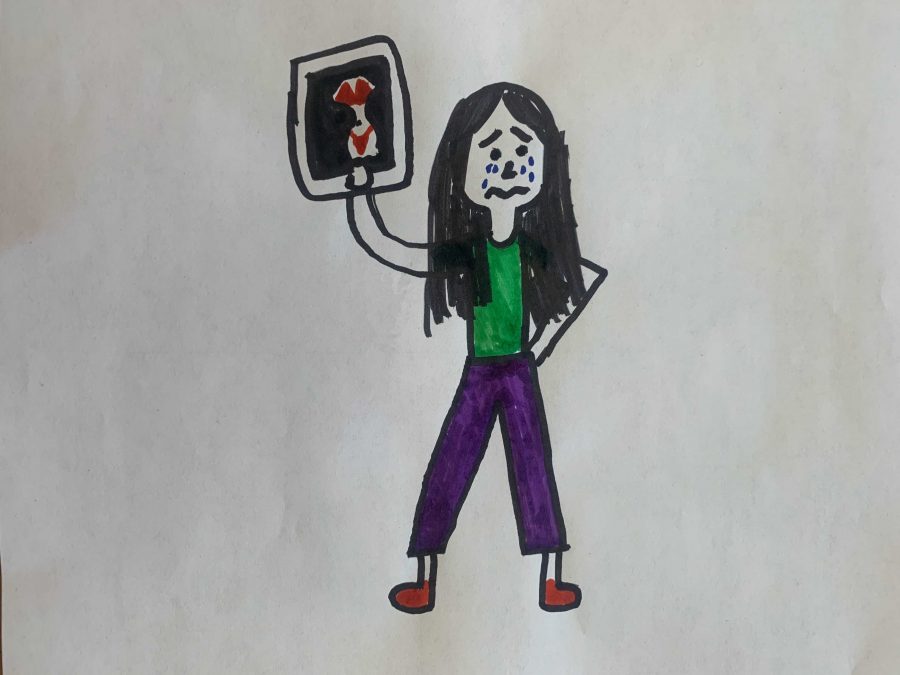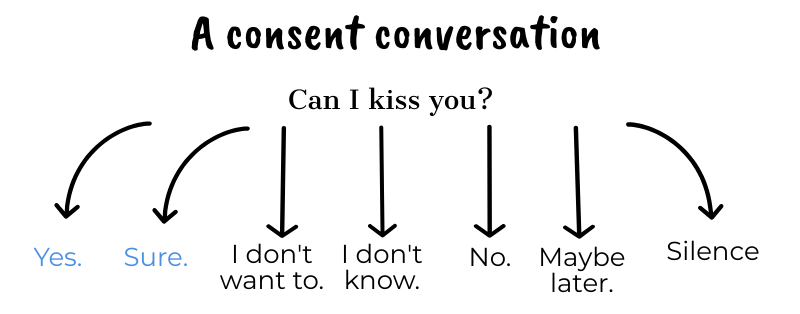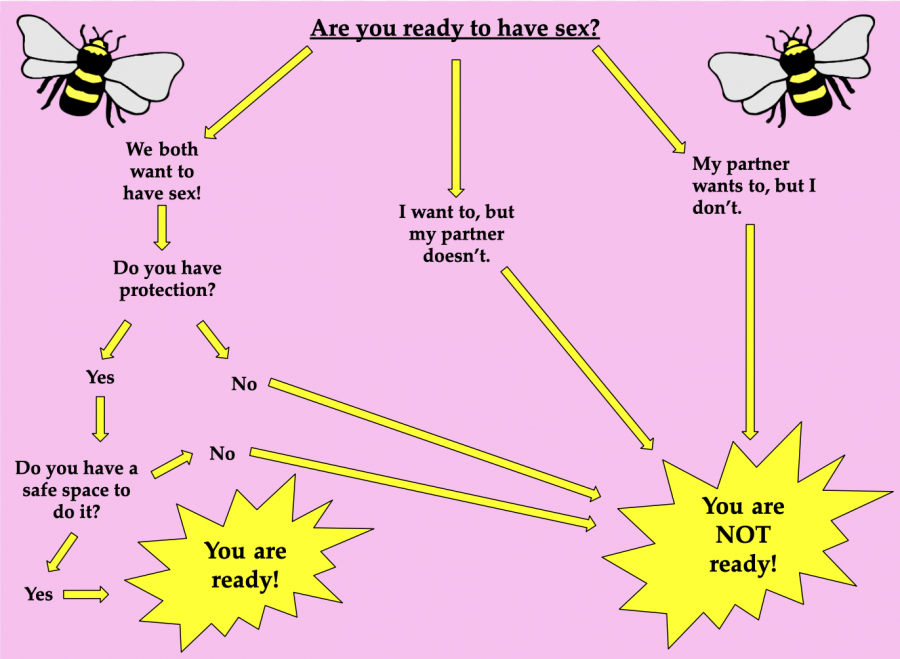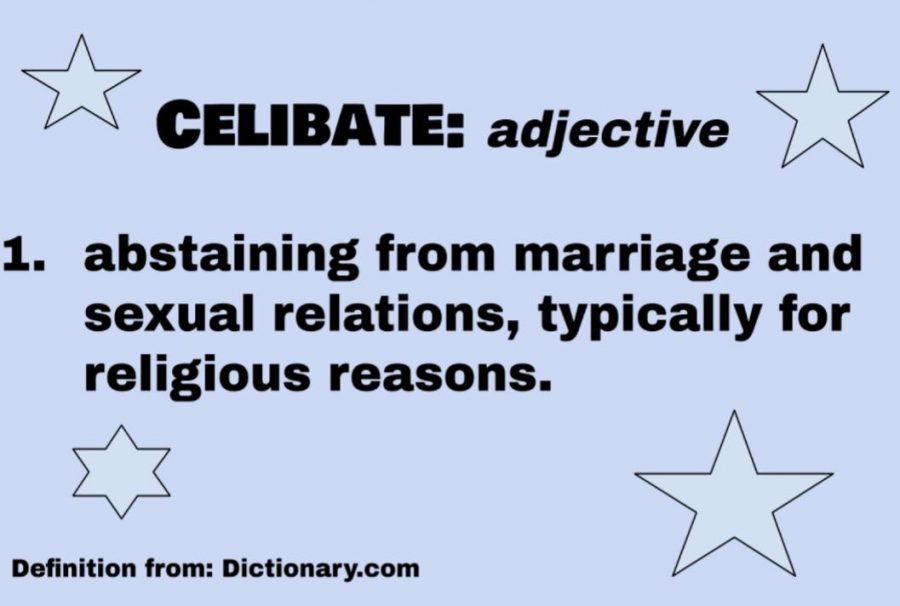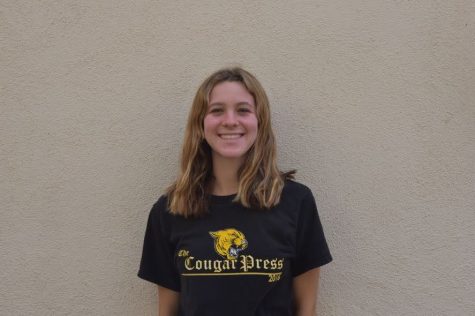Social media standards are impressionable on the self image of today’s teens.
Upon opening up their phones, the eyes of teens are exposed to seemingly “flawless” faces, figures, and lives, often creating a false sense of reality. Celebrities, peers, and influencers use platforms such as Instagram, Snapchat, and Youtube to build what is perceived as perfect, funny, and sometimes even relatable reputations for the admiration of their followers.
Young minds are easily impressionable, and when they constantly view these images, it can lead to lowered self esteem, unrealistic beauty standards, and unhealthy body image. Seeing these over-sexualized images, can create the belief that they ought to be able to meet those standards.
In actuality, the people on the screen could be photoshopped and/or have received plastic surgery.
In Rachel Simmons’s article for Time Magazine, she points out, “Psychologists found robust cross-cultural evidence linking social media use to body image concerns, dieting, body surveillance, a drive for thinness and self-objectification in adolescents.”
However, it isn’t always negative reinforcement. There are many body positive, inspiring movements throughout the internet, such as the push for more diverse models, which contrasts to the fake and unrealistic images found on many accounts.
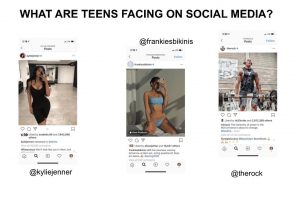 In fact, some of the toxic content isn’t meant to be toxic. People of course are free to express themselves in any way they want, but a lack of honesty when posting edited photos can be unintentionally hurting the mental health of others. The line is fuzzy between what is unhealthy and what is inspiring.
In fact, some of the toxic content isn’t meant to be toxic. People of course are free to express themselves in any way they want, but a lack of honesty when posting edited photos can be unintentionally hurting the mental health of others. The line is fuzzy between what is unhealthy and what is inspiring.
A report, Social Media, Social Life: Teens Reveal Their Experiences, states that 81 percent of teens in the United States have social media.
In a study by Pew Research Center, 24 percent of teens believe social media has had a negative impact on their life.
If it is so negative, then you may be wondering why do teens still use it? Out of the teens that use it, 40 percent say it is used for contacting friends and family. Going into social media for positive reasons can still lead one to the negative side. 27 percent of teens say it can be used for bullying, and 15 percent of teens say that it gives them unrealistic expectations of the lives of others.
On top of that, peer pressure can be a component of social media. 12 percent of teens say that peer pressure exists within social media. This can be peer pressure not only to stay on top of trends, but to participate in activities they are not usually comfortable with. According to our annual sex and dating survey, 22.8 percent of VHS students have been pressured into sending sexually explicit content. The constant pressure to look or act a certain way can give teens a false sense of clear judgment leading them to agree to such things. The eyes and opinions of peers are quite impactful in those situations, and social media has a way of heightening the risk, even when students are at home.
Some VHS students commented on the stereotypes and the mental effects they have noticed and experienced on social media. Sophomore Avery Kightlinger has noticed through her time on social media, “People tend to be more self conscious about their body and their weight after social media, and sometimes I feel the pressure of it. You can see the stereotype in influencers and instagram models. They get on my nerves.” Similarly, sophomore Taylor Denger also occasionally has felt the pressure. When asked if she feels the pressure, Denger responded, “Sometimes yes, sometimes no. One of the pressures I have noticed is that everyone has to be on trend or in style.”
As mentioned by Kightlinger, there are many influencers and celebrities that can enhance the effects of social media. For example, freshman Burton Scssa said, “KSI makes people feel bad”. KSI is an influencer popular on youtube, and according to Scssa, his persona and actions can negatively influence young minds. Sophomore Joseph Opolko has also been influenced by celebrities. He said, “People like trends and clothes. I am influenced by rappers, like the clothes they wear, so I am influenced by some rappers like Ski Mask and Lil Tracy” Freshman Damian Kermode, a social media veteran, put it simply. He stated, “Everyone on social media is mildly annoying.” While this is a bit of a blanket statement, Kermode seems to have seen what he needs to see, and is done with the hassle of social media.
Bella Ramos, a sophomore, provided us with a completely new perspective. Ramos has never had social media, and explained what she has observed amongst her peers. She commented, “I think my friends see media as a way to form themselves, and even though most of it happens subconsciously, it’s still happening. It affects everything from the way they act to the people that they’re around and their friendships. I think most of it is them feeling left out. They see something, and they’re like, ‘oh I wish I could do that’ or be there. For example, if it’s a band we want to see what they’re up to and what they do, or ‘oh I wish I could wear that’, but mostly just for regular people who just happen to be popular, I don’t see any point in envying them because they’re just another person.” Without any biased or direct experience on a social media platform, Bella was able to call out social media for how she truly sees it.
Many brands have tried to strike back at these unattainable body standards. Recently, Rihanna came out with Savage x Fenty. Rihanna and is using her platform to redefine what is considered attractive by the media. Many brands have followed suit such as Aerie, Dove Soap, and Nike. These brands are paving the way to a more body positive social media.
Whether or not you believe social media has a positive or negative effect, it will likely be prevalent in our lives forever, or at least for many years to come.









